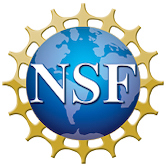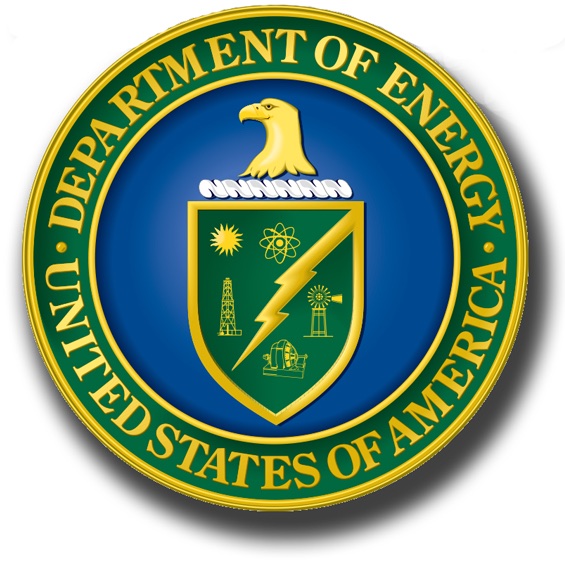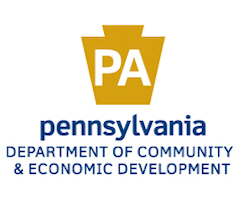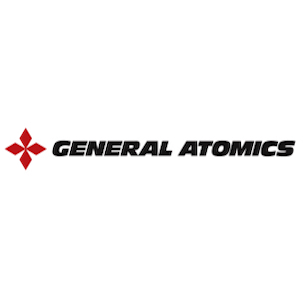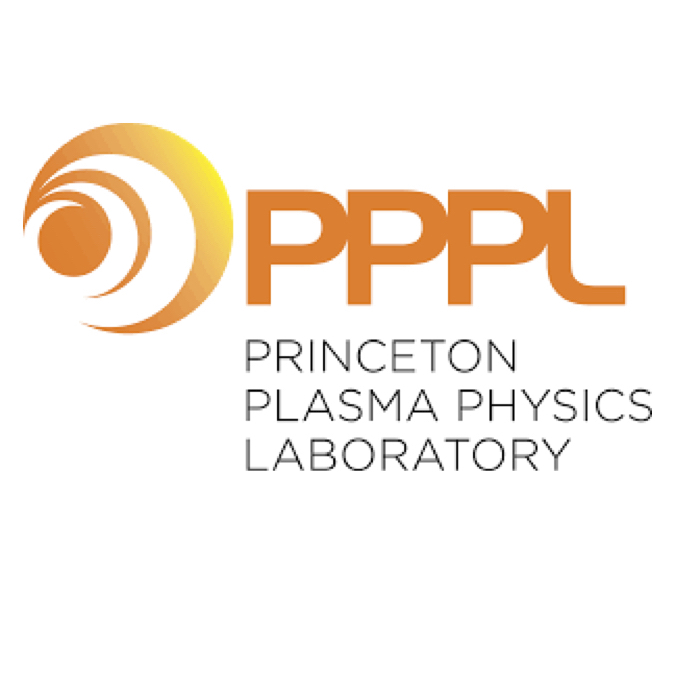Control-Oriented Modeling via Transport Analysis for Advanced Scenario Control in KSTAR
Z. Wang, E. Schuster, T. Rafiq, H.-S. Kim, S.-H. Hahn, J. Chung, J. Ko, J. Kang, Y.M. Jeon, W.P. Wehner, D.A. Humphreys, M.L. Walker
Division of Plasma Physics (DPP) Annual Meeting of the American Physical Society (APS)
Pittsburgh, PA, USA (Remote), November 8-12, 2021
The regulation of the current profile, probably in combination with a
measure of plasma internal energy, arises as one of the first fundamental
control problems that must be solved to enable robust realization of
advanced modes of operation in KSTAR. The high dimensionality and nonlinear
magnetic-kinetic coupling of this problem motivate the use of a model-based
control approach that can accommodate this complexity through embedding
the known physics within the design. To achieve the scientific understanding
of the current profile response dynamics in KSTAR that is necessary for
control design, experiments have been recently carried out to characterize
the response of the current profile to the different actuators. As an
alternative to a purely data-driven modeling approach, response models
suitable for model-based control design have been developed based on the
Magnetic Diffusion Equation (MDE). This more physics-driven modeling
approach is enabled by carrying out TRANSP-based transport analyses of
the plasma-response data collected during the characterization experiments.
The MDE is combined by either empirical scaling laws or transport equations
for the electron density and temperature. Control applications enabled
by this type of model, which include model-based optimal scenario planning,
plasma state estimation from a limited set of noisy diagnostics,
feedback control, and real-time prediction and optimization, will
enhance present control capabilities in KSTAR.
*Supported by the US DOE under DE-SC0010537.
